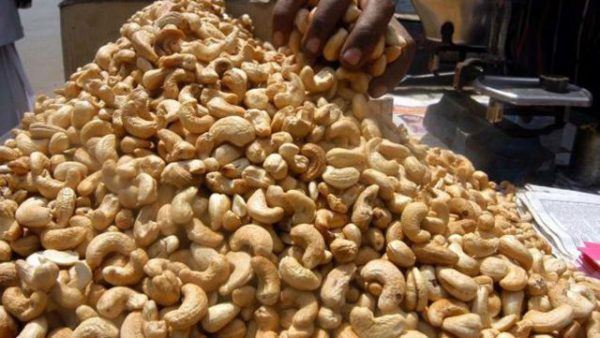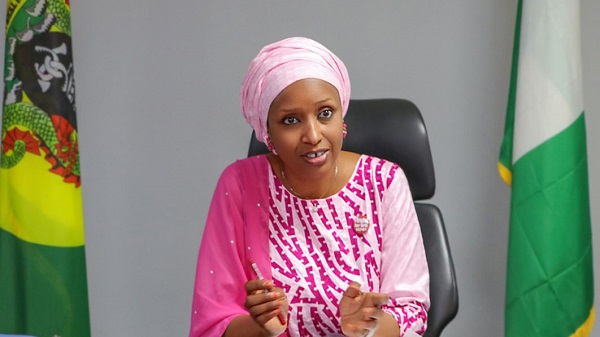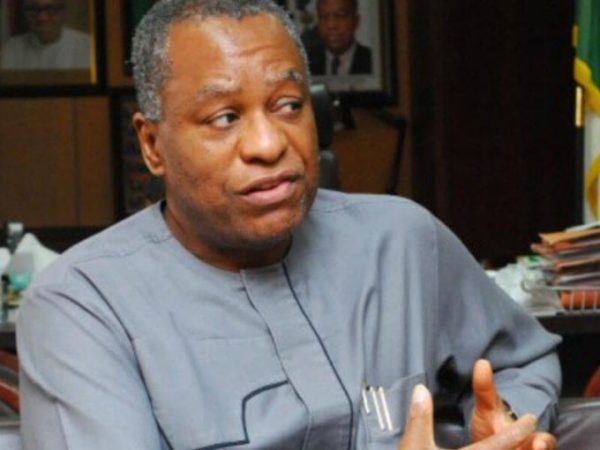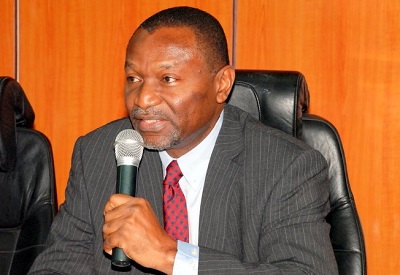Neighbouring countries, cabals sabotaging Nigeria’s cashew export

Association of Cashew Farmers, Aggregators and Processors of Nigeria (ACFAP), have alleged that neighbouring countries have been sabotaging Federal Government’s efforts and taking credit for cashew produced in the country.
They alleged that countries like Ghana and Cote d’Ivoire claims of producing about 750,000metric tonnes (MT) of Cashew, is false, saying: “We have heard and we know that cashew from Nigeria and shipped to other countries without a clean certificate of inspection from Nigeria.”
ACFAP President, Unekwuojo Edime, at a news conference yesterday, on the sidelines of Cashew Stakeholders/Export Summit, in Abuja, alleged that “Some of our neighbouring countries can’t produce as much as they claim, but they get the cashew value more than us. What is happening is that some unscrupulous elements in Nigeria ship our cashew to these countries, standardise them, and sell the cashew as being of their own origin instead of Nigeria’s, thereby taking credit for Nigerian cashew.”
Speaking about the impact of cabals in the industry, he said there are big financiers in the industry, wherein rather than helping to grow the sector, they are devaluing it for their own gain.
Such cabals meddle in the affairs of the industry and destroy the market by determining the price for cashew, leaving farmers with no other choice than to accept it.
Determined to change the narrative, he said going forward, TAK Agro is working with ACFAP to ensure that all their crops are standardised, and of best quality such that it cannot be rejected at the international market.
In addition, he said stakeholders also want the inclusion of cashew in the Central Bank of Nigeria (CBN’s) Anchor Borrowers Programme.
“As an Association, we are promoting Cashew Value Chain development with a serious emphasis on value addition, wealth and job creation, as a key driver for socio-economic advancement and livelihood support in Nigeria,” he said.
Edime further said that ACFAP also seeks to partner with the Nigeria Incentive-Based Risk Sharing System for Agricultural Lending (NIRSAL), the National Agricultural Insurance Corporation (NAIC).
This is for “effective risk mitigation strategy for NIRSAL as well as NAIC towards the rehabilitation of existing plantation and expansion of hectarage under cultivation using improved seeds/seedlings, and utilisation of available road corridor for further cultivation, thus reducing the incidence of crisis associated with the land tenure system.”
He said the Association plans to also leverage the ongoing three planting campaign of the Federal Ministry of Environment/the Great Green wall project to improve their contribution and increase carbon credit within the national agricultural resilience framework in Nigeria.
In a communiqué issued at the end of the Summit, the Association said it has dawned on its leadership that it should stand up and be prepared to take the bull by the horn at this time to encourage and jump-start the needed investment in the sector.







